Featured
- Get link
- X
- Other Apps
Sleep Deprivation In Teens
It can also affect academic performance at school. The National Sleep Foundation states that teenagers need 8-10 hours of sleep per night.
 Teens Sleep And Depression The Link Parents Should Know
Teens Sleep And Depression The Link Parents Should Know
Recognizing Sleep Deprivation in Teens Here are a few common signs to watch for that might indicate that your teen is not getting enough sleep.
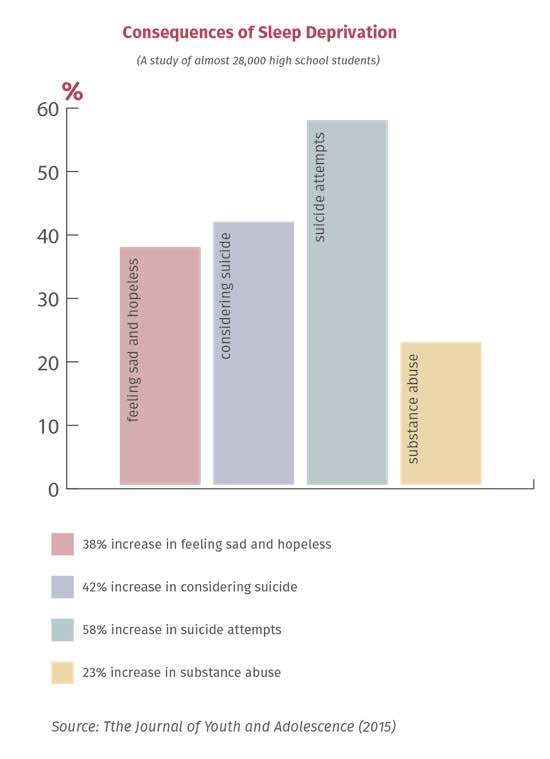
Sleep deprivation in teens. Puberty hormones are responsible for a number of different health conditions. There are other direct biochemical effects of sleep deprivation. Mental health disorders like anxiety depression and bipolar disorder have routinely been linked to poor sleep 9 and sleep deprivation in teens can increase the risk of suicide.
Causes Of Sleep Deprivation In Teens 1. Sleep deprivation can cause blood pressure to rise giving your teenager a higher risk for premature cardiovascular disease. Other studies have linked lack of sleep and depression in teens.
A chronic lack of sleep can create agitation and uncontrollable mental and physical impulses. The AASM notes that regularly sleeping fewer than the number of recommended hours is associated with attention behavior and learning problems. Technology can easily mess someone sleep cycle especially teens as they are the.
In fact sleep deprivation can exacerbate symptoms of ADHD or even lead parents to falsely assume that a teen has a neurodevelopmental attention problem. Over time this may cause. Consider installing one of the varieties of apps that.
Having trouble waking up most mornings Irritability and mood swings. This can have dramatic effects on a teenagers life impacting their mental wellbeing increasing their risk of depression anxiety and low self-esteem. Regularly not getting enough sleep leads to chronic sleep deprivation.
And kids who get that much sleep reported better moods. Poor sleep duration and sleep period timing impact mood especially if sleep disturbances occur over long periods of time. This sets the stage for restorative refreshing sleep that leaves us feeling energized in the morning.
Teens moods are usually the first thing that is affected by lack of sleep or poor quality sleep. Improving sleep in adolescents may play a role 10 in preventing mental health disorders or reducing their symptoms. Teens who are sleep deprived may fall asleep in class or other inappropriate places.
Sleep deprivation is worsened by our modern reliance on digital technology but there are ways we can help our teenagers. A lot of teens suffer from sleep disorders that are treatable such as sleep apnea and narcolepsy. Studies repeatedly show that teens experiencing sleep deprivation perform poorly with memory tasks and complex problem-solving in comparison to their well-rested peers 2.
Effects of Sleep Deprivation Sleep and mood. Seven Signs of Sleep Deprivation in Teens Having trouble waking up most mornings Irritability and mood swings Falling asleep easily during the day Trouble concentrating or poor academic performance Sleeping very late on weekends Hyperactivity and nervousness Aggressive behavior. Teens getting less sleep can have dire consequences.
Minimise technologys detrimental effect on sleep quality by turning off all screen devices at minimum 1-2 hours before. Insufficient sleep also increases the risk of accidents injuries hypertension obesity diabetes and depression. If a teen is consistently sleep-deprived month after month it can contribute to depression hopelessness and can even be a sign of increased suicide risk ideation.
Adolescents are far more susceptible to becoming sleep deprived due to their biological make-up. During the stages of NREM sleep the body relaxes and blood pressure decreases as does the heart rate. Physical Health and Development.
It is common for teens to have a pattern of sleeping very little during the week and then using the weekend to compensate for the lack of it by hibernating for the better half of the day. However a lot of teens accumulate so much sleep debt that they are not able to fully. The NIH has also found growing evidence linking a chronic lack of sleep in teens with an increased risk of being overweight developing diabetes or heart disease and getting infections.
The recommended amount of sleep for teenagers is eight to ten hours per night in. During adolescence the bodys natural clock known as the circadian rhythm is programmed differently than that of an adult. Recently sleep deprivation has become more and more prevalent in the adolescent years which is generally the period during and after puberty from ages thirteen to eighteen.
Although sleep deprivation is a common issue among adults it is even more widespread among children aged 10-19. Over-using screen based devices.
Sleep Deprived Teens Take More Risks The Chart Cnn Com Blogs
Sleep Deprivation Of Teenagers 헤럴드인사이트 청소년 영자신문
 Parents Aren T Powerless When It Comes To Sleep Deprived Teenagers Eurekalert Science News
Parents Aren T Powerless When It Comes To Sleep Deprived Teenagers Eurekalert Science News
 The Parents Guide To Ensuring Your Teenager Gets Enough Sleep Mattress Clarity
The Parents Guide To Ensuring Your Teenager Gets Enough Sleep Mattress Clarity
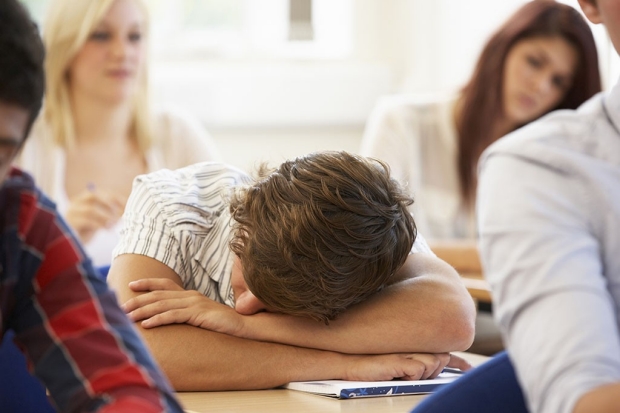 Among Teens Sleep Deprivation An Epidemic News Center Stanford Medicine
Among Teens Sleep Deprivation An Epidemic News Center Stanford Medicine
 Sleep Deprived Teens The Ahs Eagle
Sleep Deprived Teens The Ahs Eagle
 Effects Of Sleep Deprivation In Teens Children S National
Effects Of Sleep Deprivation In Teens Children S National
 Teenagers And Sleep 10 Tips For Sleep Deprived Teens Michigan Medicine
Teenagers And Sleep 10 Tips For Sleep Deprived Teens Michigan Medicine
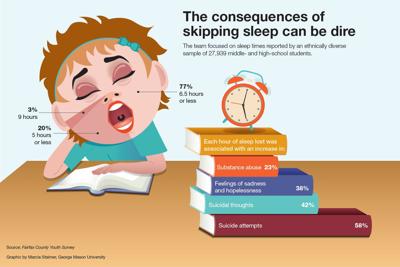 Fairfax Teens At Greater Risk For Depression Suicide Due To Sleep Deprivation Study Shows Articles Fairfaxtimes Com
Fairfax Teens At Greater Risk For Depression Suicide Due To Sleep Deprivation Study Shows Articles Fairfaxtimes Com
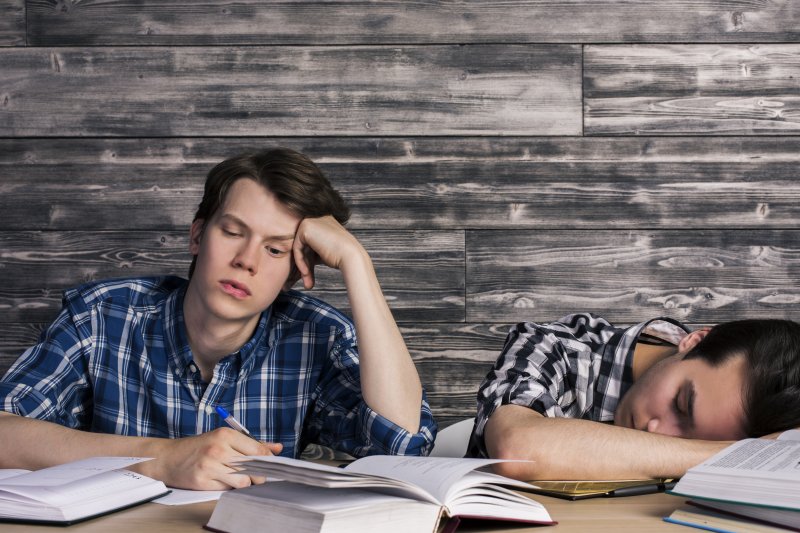 The Dangers Of Sleep Deprivation In Teenagers Sleep Better Georgia Blog
The Dangers Of Sleep Deprivation In Teenagers Sleep Better Georgia Blog
 Teens And Sleep The Cost Of Sleep Deprivation Child Youth Families Liaison
Teens And Sleep The Cost Of Sleep Deprivation Child Youth Families Liaison
 I The Prevalence Of Restricted Weeknight Sleep Among Adolescents The Impact Of School Start Times On Adolescent Health And Academic Performance
I The Prevalence Of Restricted Weeknight Sleep Among Adolescents The Impact Of School Start Times On Adolescent Health And Academic Performance
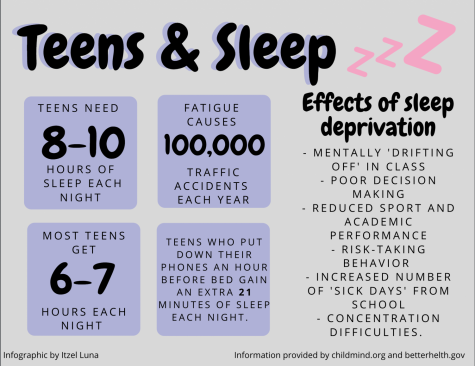 Distance Learning Causes Sleep Deprivation Among Students The Pearl Post
Distance Learning Causes Sleep Deprivation Among Students The Pearl Post

Comments
Post a Comment